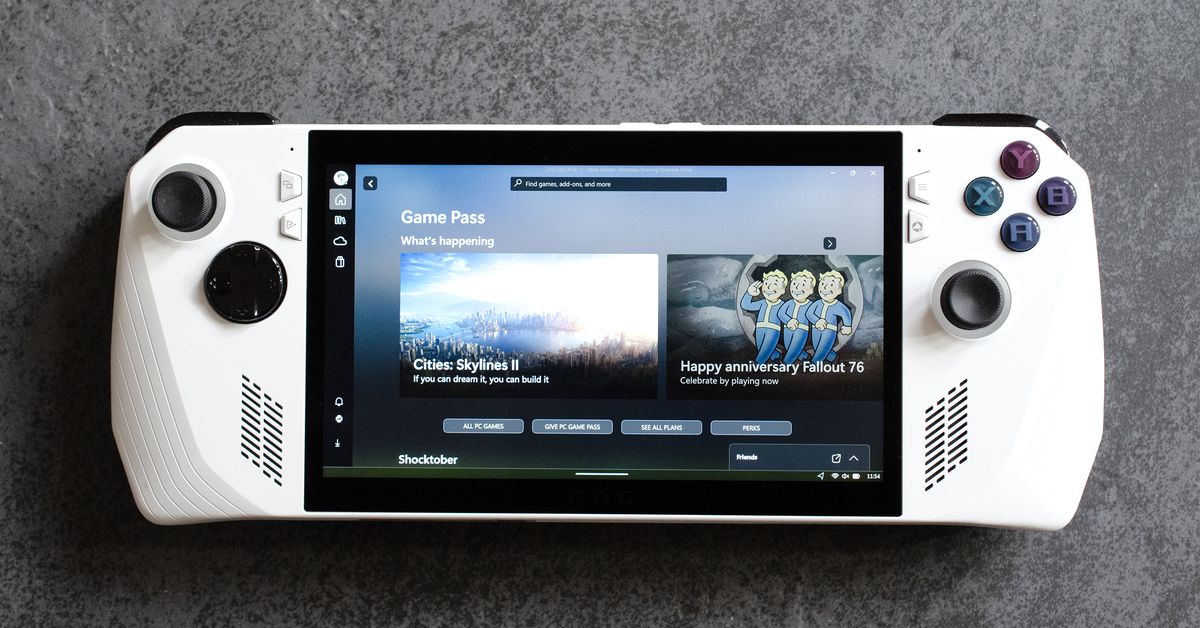Steam Deck's Success Pushes Microsoft to the Handheld Gaming Race

Valve's Steam Deck has taken the handheld gaming world by storm, with millions sold since its launch. This success has spurred a growing market, with players like Asus and even rumoured Xbox entries vying for a piece of the pie. However, this burgeoning landscape has also raised a significant question: can Windows keep its relevance in this evolving space?
Valve has confirmed to The Verge that it is actively exploring the potential for SteamOS on rival handhelds, like the Asus ROG Ally. This move could see Steam Deck-like devices ditching Windows entirely in favour of Valve's custom operating system. This raises the stakes for Microsoft, who may find themselves in a battle to maintain Windows' foothold in the burgeoning handheld gaming market.
Research from Omdia suggests the market for handheld gaming devices is thriving, with nearly 20 million sold last year and projections predicting over 29 million units per year by 2028. This growth is fuelled by the success of the Nintendo Switch and its anticipated successor, the Switch 2, slated for a 2025 release. Sony's foray into portable gaming with its PlayStation handheld device has also sparked significant interest. The rise of mobile gaming amongst younger audiences, accustomed to playing on phones, further suggests a potential shift away from traditional consoles towards more portable options.
While many of the Steam Deck's rivals currently run on Windows, the experience remains far from ideal for handheld gaming. This creates an opportunity for SteamOS, offering a more tailored approach to this specific niche. Microsoft has been slow to respond to the growing appeal of handheld gaming, leaving Windows ill-equipped for the demands of small, portable devices. PC manufacturers like Lenovo and Asus have tried to mitigate this by developing custom interfaces atop Windows, aiming to improve the handheld experience. However, these efforts are limited in scope, and significant changes need to come directly from Microsoft to truly optimise Windows for the handheld format.
With Valve aggressively pushing SteamOS into the mainstream and the handheld gaming market burgeoning, Microsoft may find itself needing to adapt rapidly. Failure to do so could see Windows lose ground in a crucial segment of the gaming market, potentially ceding dominance to SteamOS.





